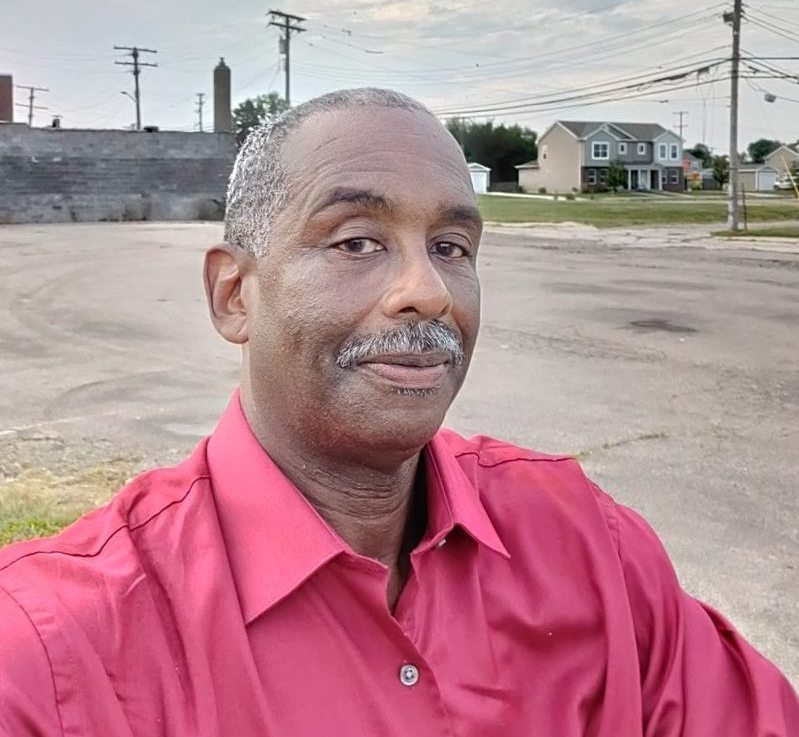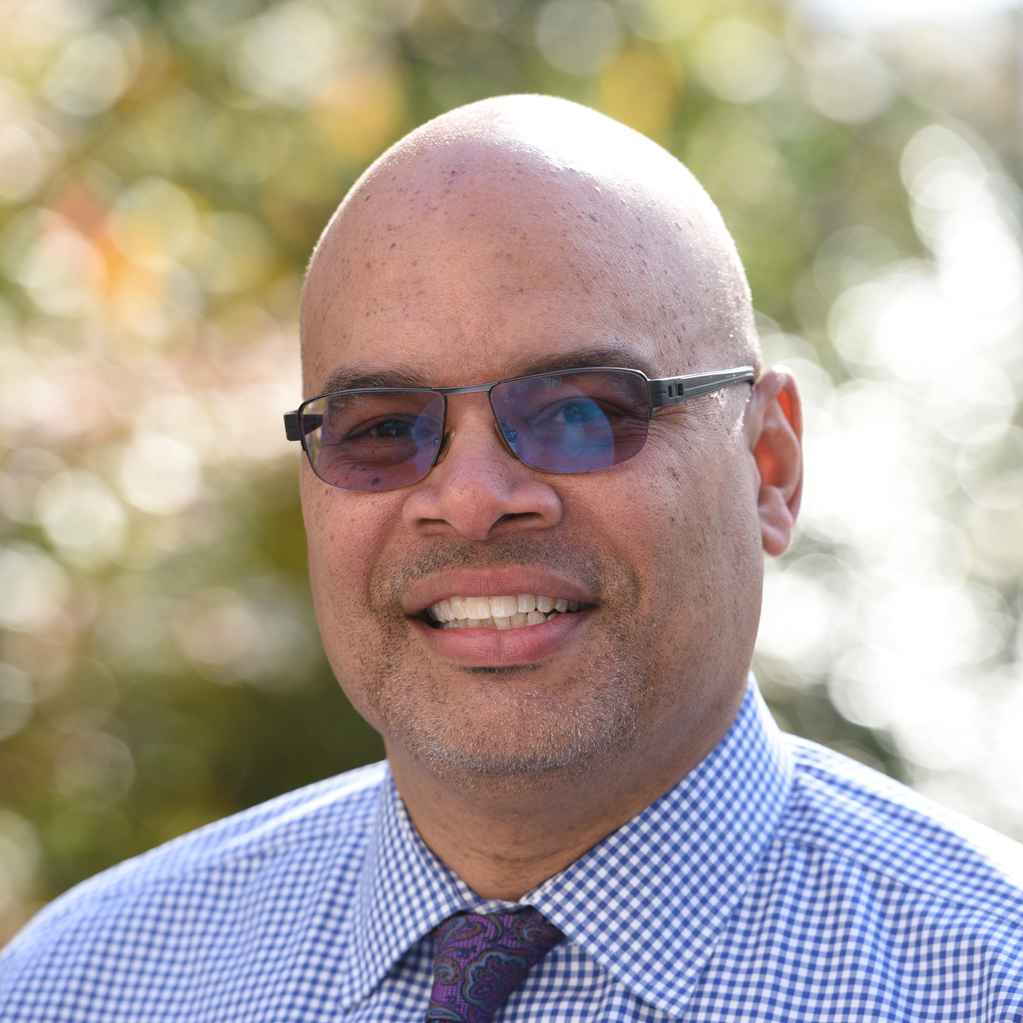Joel was raised in Uptown New Orleans, the youngest of four siblings. Being the “baby boy,” as he calls himself, Joel grew up mostly with just his mother in a “crime-ridden neighborhood.”
“As a kid, when I’d go outside, all I would see was crime, every day, people peddling drugs and getting shot,” says Joel. “It definitely had an impact on me. I grew up thinking it was normal and just what you did to survive.”
For as long as he could remember, his friends and family members had been stuck in a cycle of incarceration, the same revolving door that trapped him at only 15 years old. Joel says that it was not just a physical cycle, but also a psychological one, as he was not even aware of what he was doing.
Over the years, Joel had grown tired of dealing with the criminal-legal system. He saw the pain it had caused his mother and family. Joel wanted to end the cycle of incarceration and make them proud. Plus, he and his girlfriend hoped to start their own family together, and every time he went away, their lives were put on hold.
“I told myself: I don’t care how hard it is or how long it takes, I’m not going back to prison.”
The problem was, due to his criminal record, he couldn’t find a job. For returning citizens, the first days and months after release from incarceration can be a challenging time. They often have few financial resources and face insurmountable barriers ranging from unemployment and lack of work experience, to difficulties finding housing, to the stigma of a past conviction.
While visiting his parole officer, Joel noticed a pop-up kiosk for the Center for Employment Opportunities (CEO), which offers immediate transitional employment for returning citizens. The organization was launching an office in New Orleans. After talking with the representatives, Joel agreed to attend the upcoming orientation event for new participants. He felt like it was his only chance of finding a job.
Soon, Joel was enrolled as a CEO participant and working on a transitional work crew, mostly cutting grass and removing debris from blighted lots. In addition to the work, Joel appreciated the useful career experience he received, as well as the opportunity to build up his résumé in the process.
But even with the daily income from CEO, Joel was spending most of his money on basic living expenses like food and was largely unable to contribute to the household he shared with his girlfriend. Fortunately, through CEO, Joel was able to sign up for the Supplemental Nutrition Assistance Program (SNAP).
“When the SNAP benefits kicked in, it really helped my spending budget. Otherwise I would’ve had to spend most of my income on food. With the extra money, I was able to focus on my stability and getting back on my feet.”
Joel was hired by CEO New Orleans as a Work Crew Site Supervisor. Unfortunately, when his wages increased with the job promotion, it caused his SNAP benefits to be revoked, as is standard procedure. For Joel, like so many returning citizens, reentry is a precarious time when assistance is needed the most. Because of this, Joel stresses the need for SNAP benefits to continue throughout the duration of one’s transition from incarceration.
“I really wanted to change, and CEO gave me that opportunity,” Joel says. “They helped me get to where I am today. It’s now my job to pass it on and help other people grow.”
As a CEO Site Supervisor, Joel believes he is in the perfect position to help others going through situations similar to what he experienced upon reentry. He says having that connection with
participants is pivotal for success.
“I can relate to them. I know what they’re going through. I know the roles, so if you’re having difficulties or roadblocks, it’s my job to coach you and walk with you to get to that position. My job is to help you grow.”
CEO and our participants advocate for the removal of barriers to employment, including ensuring individuals have access to SNAP and SNAP Employment & Training during training. To learn more about CEO’s policy advocacy, visit https://ceoworks.org/policy-advocacy




